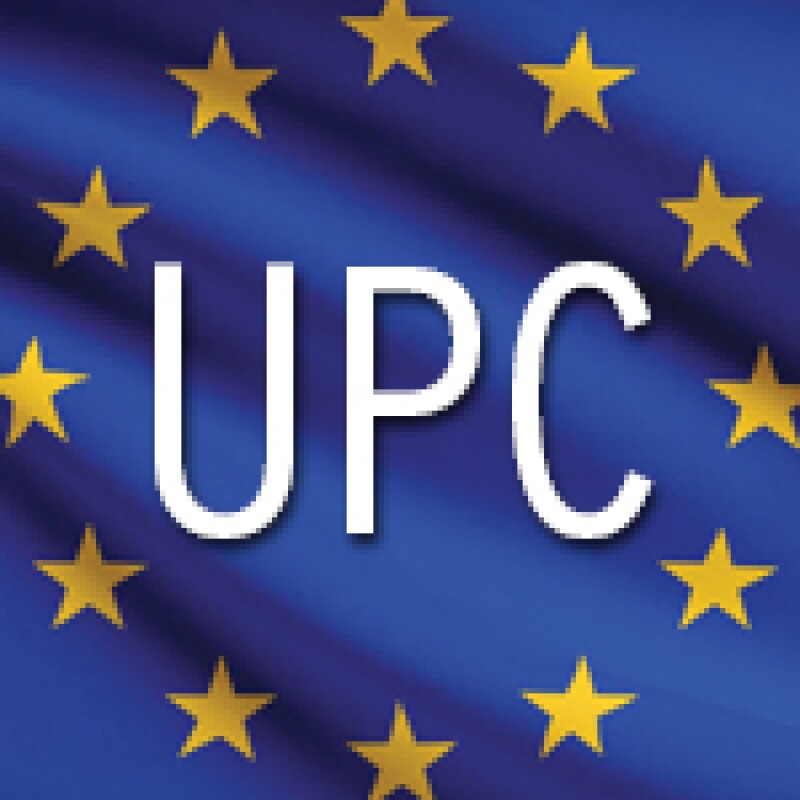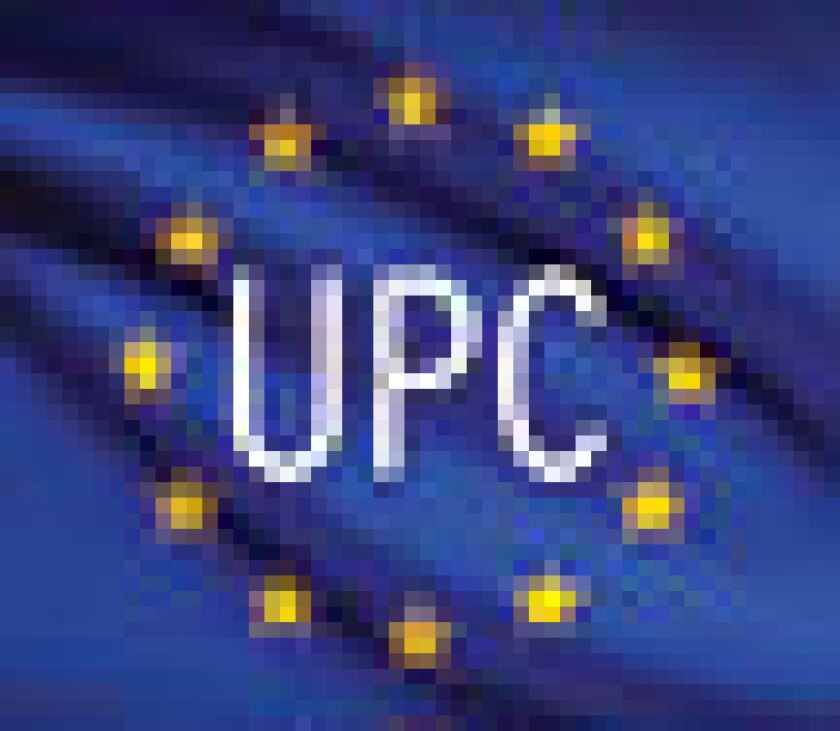
Germany, like other EU member states, is preparing for the UPC. So far the drafts appear to keep the promise that any new law means additional work for IP lawyers. The German lawmaker opted to be complicated. Its draft is based on the assumption that double protection is allowed under the UPC Agreement. Indeed this is what the draft appears to provide. But in the end it is limited. In the future (as in the past) you will be able to file:
· a German national patent application; and
· a European patent application (which can later evolve into a European patent with unitary effect) – actually it will stay a traditional European patent, valid as national patent in Turkey et al and as a Unitary Patent in the participating member states; but that is dogmatic)
Double patenting
The proposed law allowsdouble patentingto a bigger extent than it is now the case:
It is proposed that the German national patent ceases to be effective (to the extent it protects the same invention as the European patent) under new Article II § 8 of the German Act on the International patent treaties (IntPatÜG) only if a parallel European patent is opted out under Article 83 (3) from the exclusive jurisdiction of the UPC as of either of the following events:
· expiration of the opposition period without opposition being filed;
· end of opposition with the European patent being upheld;
· entry of opt out if this happens after opposition is not filed or after opposition ends with upholding; or
· grant of the German patent if it is granted after the three aforementioned circumstances.
Hence, double protection is allowed for:
· German patents and parallel traditional non opted-out European patents.
· German patents and parallel Unitary Patents.
Impact on infringement litigation
This has consequences for infringement litigation. Since double protection is allowed to a greater extent, there may evolve parallel infringement suits before German district courts on the one hand and the UPC on the other based on:
· a German patent and a parallel traditional European patent; or
· a German patent and a parallel Unitary Patent
For such parallel infringement litigation, the draft German law provides for a bar: the defendant in Germany is entitled to object to being subject to two suits. The German suit is to be dismissed (or stayed until the UPC proceedings have come to an end and then be dismissed.)
The details are listed in new § 18, which requires:
· same inventor;
· same invention with same priority;
· such European patent with or without unitary effect is subject to pending or finalised proceeding before UPC;
· proceedings pertain to same or “similar action”;
· proceedings with same parties; and
· defendant (in Germany) objects prior to start of oral hearing.

The objective is to safeguard the interests of the defendant. This is necessary because the patent owner has various ways - and therefore more flexibility - to proceed not only either before the German court on the basis of the German patent or before the UPC based on the (not opted out) traditional European patent or the (necessarily not opted out) Unitary Patent. Rather, he may also bring such actions before both the German court and the UPC in parallel; for this case, the defendant is granted protection against being sued twice.
Two flaws
There seem to be two flaws in the new proposed regime:
(1) The lawmaker forgot that during the course of an opposition pending with the EPO there is no bar. Given the time of an opposition procedure compared to the time contemplated for an UPC proceeding, parallel suits are possible.
(2) Article II 18 does notbar motions for declaration of non-infringement. Hence, the defendant in a German suit who knows of the parallel Unitary Patent or the not-opted out traditional European patent can file such complaint for declaration of non-infringement with the UPC. Subsequently, the German case is to be dismissed.
The second issue has already been mentioned. The flaw might be rectified in the future.
On its face the reform is meant to increase options for patent owners. And it does. Yet, at the same token it is a resolution of no confidence against the UPC and its judges. Quite obviously, the lawmaker does not trust the UPC. That the German Patent Office as well as the German Federal Patent Court might get some more work out of it appears to be a mere side effect.
Impact on strategy
What does that mean for strategy? Those who want to have access to both worlds so far appeared to be forced to select one of two courses: (1) file a European patent, file a divisional and opt out for one of the two European patents or (2) file a European patent and branch off a utility model. Now there will be a third option, namely to file a European patent and file for German patent protection. For those with a strong German presence, this could be a good choice.
Ulrich Blumenröder is a partner of IP firm Grünecker in Munich











